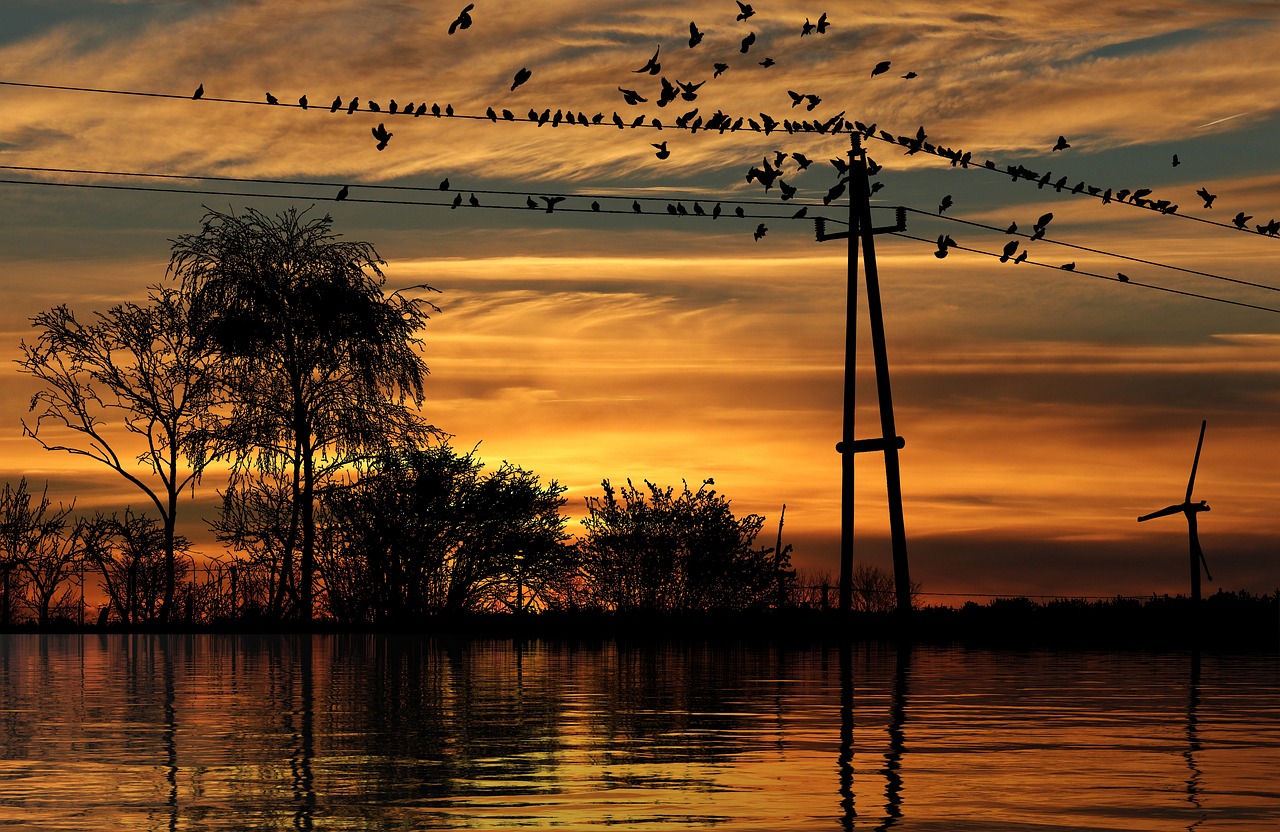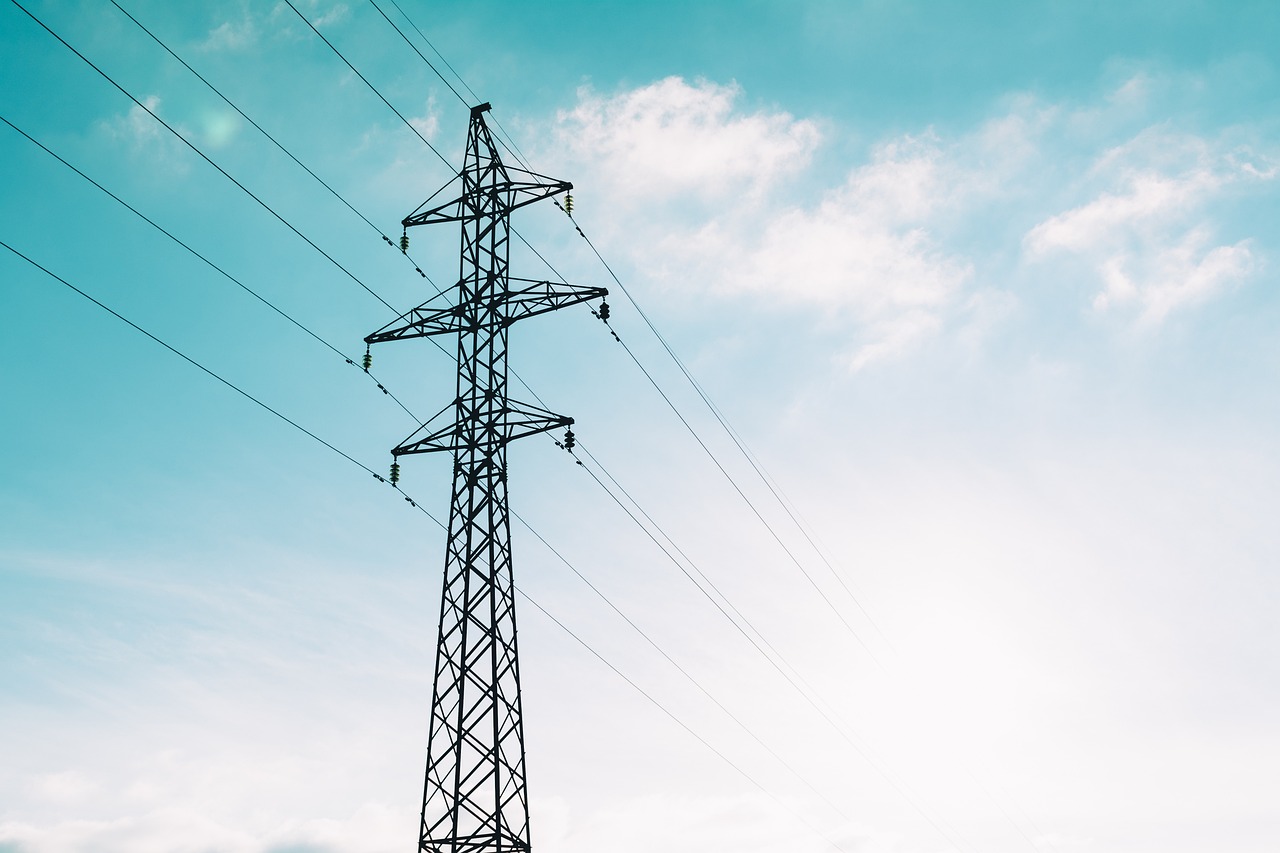Unplugged Unraveling the Controversy and Crisis of Brazil’s Electric Utility Privatization and Power Shortage
Brazil, known for its lush landscapes and vibrant culture, has recently found itself in the grip of a challenging energy crisis. The intersection of privatization of its electric utilities and a severe power shortage has created a perfect storm of controversy and concern. In this comprehensive blog, we delve deep into the heart of this complex situation, dissecting the causes, consequences, and potential solutions that could guide Brazil toward a brighter energy future.
The Privatization Puzzle
In an effort to modernize and improve the efficiency of its electric utility sector, Brazil embarked on a journey of privatization. The goal was to attract private investments, introduce competition, and enhance service quality. However, this process has been marred by skepticism and criticism. Detractors argue that the privatization approach has led to a concentration of power in the hands of a few large corporations, potentially sacrificing the interests of consumers and smaller players in the market.
Navigating the Power Shortage Storm
Simultaneously, Brazil faces a pressing power shortage crisis that has plunged regions into darkness and disrupted daily life. A multitude of factors have contributed to this situation. Insufficient rainfall has led to low water levels in hydroelectric reservoirs, a primary source of the country’s energy. Additionally, delayed investments in new energy infrastructure and a lack of diversified energy sources have exacerbated the situation, leaving Brazil overly reliant on hydroelectric power.
Social, Economic, and Environmental Impacts
The power shortage crisis has far-reaching implications across various sectors. Industries have experienced production slowdowns, and households have grappled with rotating blackouts. These disruptions have a cascading effect on the economy, jeopardizing economic growth and job stability. Furthermore, the environmental toll of heavily relying on hydroelectric power has become evident as droughts worsen due to climate change, intensifying the vulnerability of Brazil’s energy grid.
Political Perspectives and Public Outcry
The controversy surrounding electric utility privatization and the power shortage has ignited heated debates on political fronts. Critics argue that government mismanagement and lack of long-term planning have exacerbated the energy crisis. Protests and demonstrations have erupted as citizens express frustration over unreliable electricity supply and rising costs. Balancing political interests, consumer demands, and sustainable energy solutions is a delicate tightrope for Brazil’s policymakers.
A Way Forward
As Brazil navigates these challenging times, potential pathways forward emerge. First and foremost, diversification of energy sources becomes paramount. Investment in renewable energy, such as solar and wind, can provide a buffer against the uncertainties of climate-related challenges. Moreover, fostering a more competitive and transparent energy market can mitigate the risks of corporate monopolies, ensuring consumer interests are safeguarded.
Conclusion
The controversy over the privatization of Brazil’s electric utilities and the ensuing power shortage crisis underscores the intricate nature of energy policy and management. Navigating this labyrinthine landscape requires a comprehensive approach that considers the interplay of economic, social, environmental, and political factors. As Brazil grapples with these challenges, the nation stands at a crossroads, poised to embrace innovative solutions that can lead to a more resilient, sustainable, and reliable energy future.
Post time: Aug-18-2023



